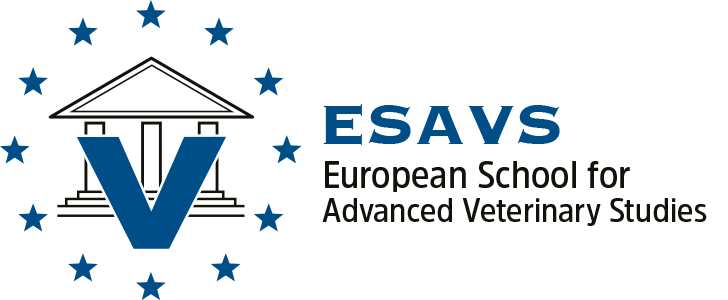European School for Advanced Veterinary Studies
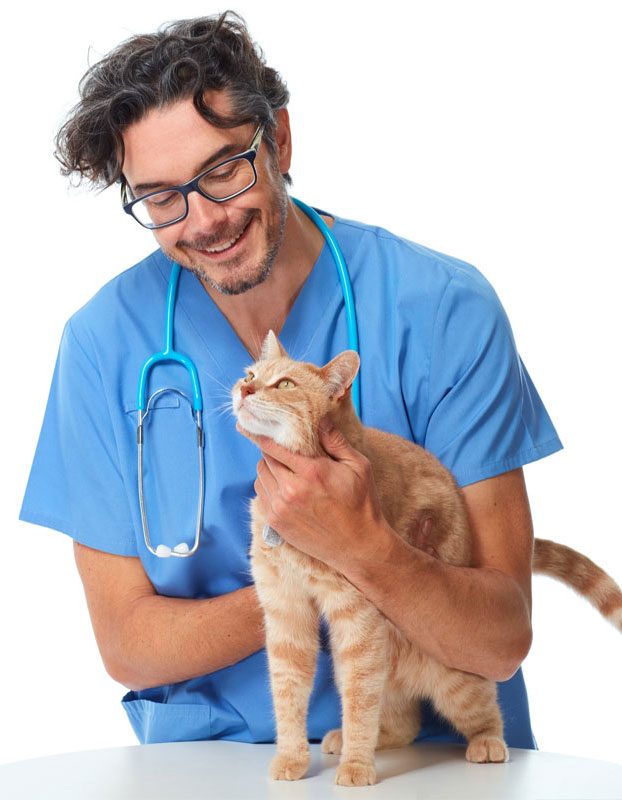
Small animal veterinarians are increasingly focusing their activity on specific aspects of veterinary medicine in line with a significant trend to create group practices and clinics. This development and the growing demand for veterinarians with certified competences in advanced clinical small animals medicine and case management increases the demand for post-graduate education in specific disciplines. Educational authorities in veterinary training in Europe recognize an intermediate level of competence between the veterinary graduate and the European Specialist (diplomats of respective colleges of the European board of Veterinary Specialization). This level of intermediate competence is achieved by state-of-the-art education.
Over the past 30 years the European School of Advanced Veterinary Studies (ESAVS) has offered an international postgraduate education recruiting the best specialist-teachers from all over Europe and beyond offering comprehensive training programs aiming at the said intermediate level. These programs also offer the opportunity to obtain a Certificate or Master degree.
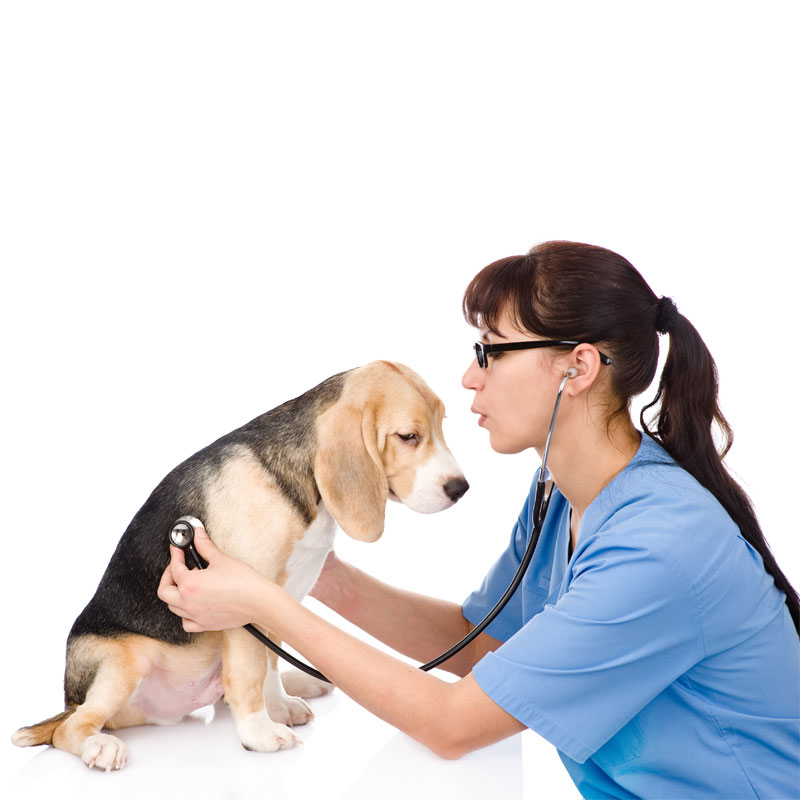
A diploma or degree testifies that its holder has achieved competences and skills which have been evaluated and examined by a board of experts. It is now internationally accepted that extra-occupational studies leading to a Master degree should be based on specifically designed continuing education programs called “Master of Advanced Studies (MAS)”, also known as “professional” or “executive” Master. A MAS focuses on practical experience and skills rather than on scientific and research experience of the traditional Master of Science (MSc).
Our MAS offers an opportunity to achieve a high level of competence by part time formal coursework and individual written work both of which provide a frame to focus and guide the professional activity in the chosen discipline in practice at home. The written work requirements promote in depth study of the chosen discipline at an academic level.
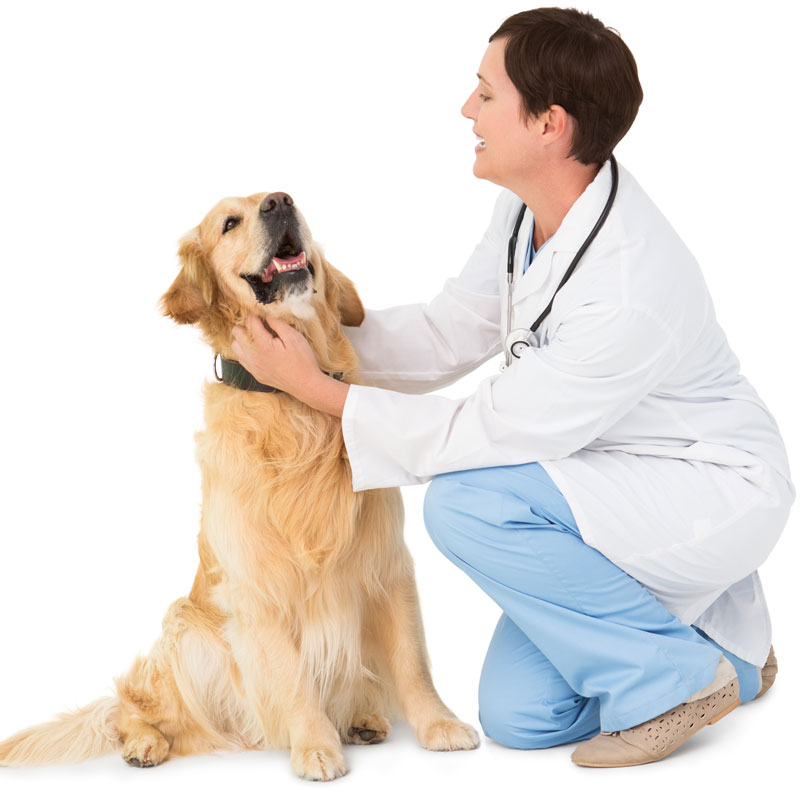
Program
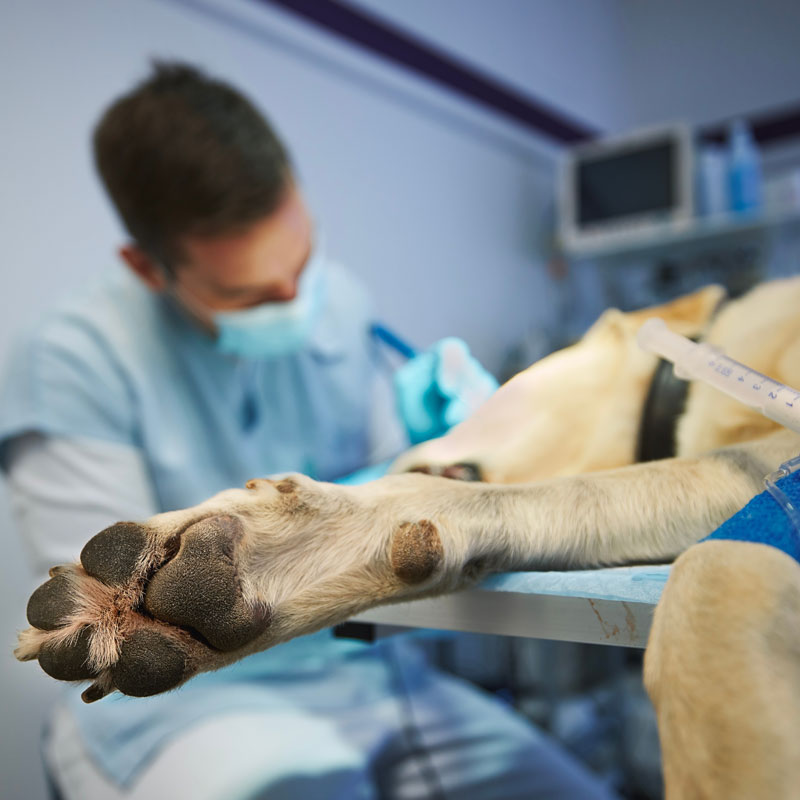
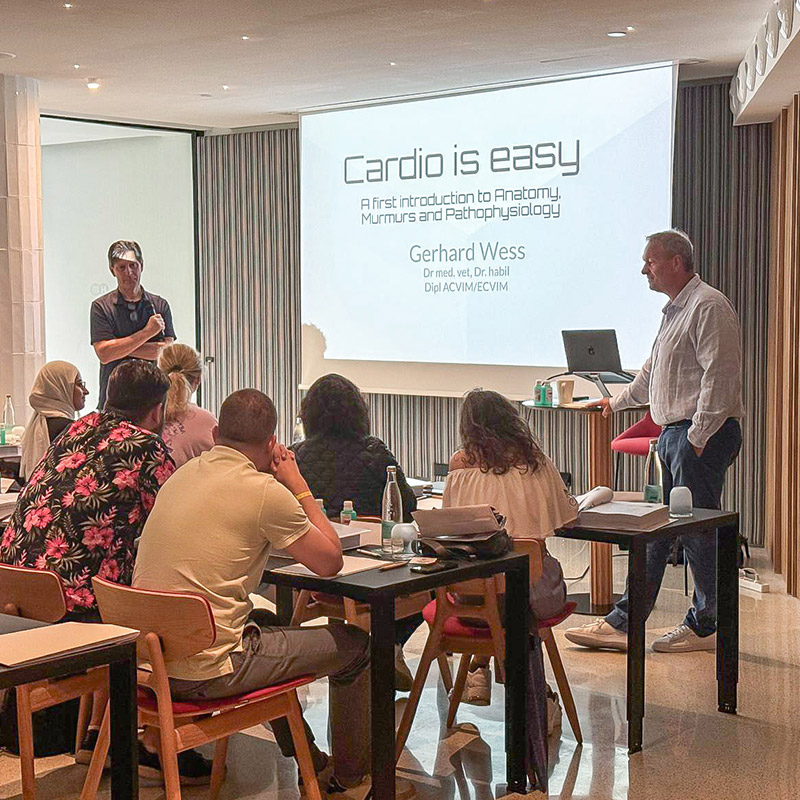
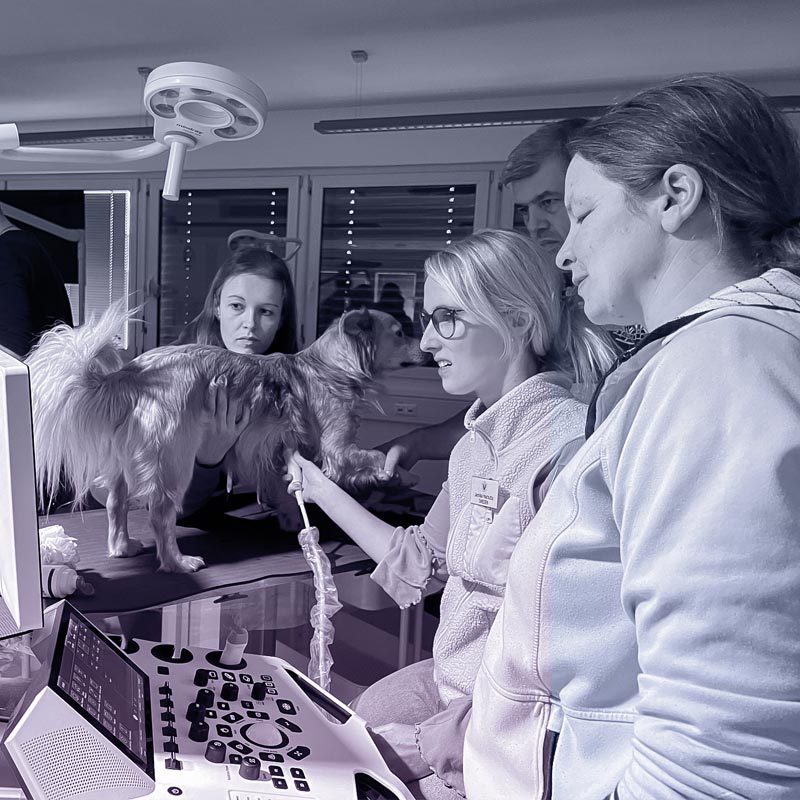
Study while working in practice.
The program allows the candidates to study from their practice. This means that the formal instruction is part-time in the form of courses taken at intervals during the program. It is expected that students gradually apply the skills they acquire in the formal part of their education to their daily work in practice. Therefore, in addition to the coursework, students are assigned specific tasks to be completed at home, for which they also obtain credits. Thus, the ESAVS MAS is based on accumulating a defined number of ECTS in (1) coursework, (2) building experience by applying what is learned to daily practice recorded in a case log, (3) submission of a series of in-depth case reports.
Modular structure
- Module I: Coursework (major subject) (min. 25 ECTS)
- Module II: Coursework (minor subject) (max. 15 ECTS)
- Module III: Clinical work at home/case log (20 ECTS)
- Module IV: Thesis (case reports) (20 ECTS)
Discipline specific requirements
The European Credit Transfer System (ECTS)
Discipline specific requirements
Disciplines
Who is responsible for the program?
The Master’s program is offered by ESAVS, an officially recognized school by the Federation for Education in Europe (FEDE), an international association of about 500 private schools of higher education. FEDE which holds participatory status in the council of the European Union has certified these programs. The teaching procedures have been audited and approved by a Swiss EduQua-accredited, supranational independent institution. In addition, ESAVS is in the process of accrediting our programs by VetCEE, an accreditation agency for continuing veterinary education endorsed by the highest authorities in veterinary education represented in the European Coordinating Committee on Veterinary Training (ECCVT).
Each discipline has a Program Director (PD).
- The PD is defining and regularly updating the discipline’s specific requirements complying with the general rules and standards determined by the post-graduate education committee.
- The PD is defining, together with the other course masters the major and the minor subjects of the discipline.
- The PD is responsible for overseeing the creation of CASUS-based examinations.
- The PD is appointing and inviting course masters in the responsible discipline to join the examination board.
The PD is overseeing the evaluation/grading of all written work (case log, case reports) of the students enrolled in their discipline program. She/He can perform the evaluation her/himself or may also delegate the evaluation assignments to other members of the examination board.
The program is supervised by the Post Graduate Education Committee (PGEC), which consists of the ESAVS Educational Director and four professors of veterinary medicine from various European universities coming from different disciplines of small animal veterinary medicine. The committee is assisted by a coordinator from ESAVS.
The duties of the PGEC include:
o Supervision of the quality of program.
o Regular review of the rules and requirements.
o Collecting all examination grades and assignment of ECTS credits and a final global grade to each candidate following review of all the data.
o Management and interaction with the Program Directors.
The PGEC is assisted by the Examination Board, which consists of at least 10 specialists usually associated with ESAVS, representing various disciplines of small animal veterinary medicine. The committee is chaired by the Educational Director.
The examination board is responsible for:
– Reviewing and grading the case logs and case reports.
– Creation of examinations.
The faculty of ESAVS (Principal Course Masters and Course Masters) consists of internationally recognized veterinary specialists from all over the world, most of which are university teachers. The ESAVS faculty teaches in the courses and prepares the respective examinations.
All administration associated with the MAS is handled by the Certificate/Master department at the ESAVS office.
- Candidates must hold a recognized, state-validated veterinary degree from a university or equivalent institution of higher education, according to DIRECTIVE 2013/55/EU (see for details: https://eur-lex.europa.eu/legal-content/EN/TXT/?uri=CELEX:32013L0055).
- Candidates must provide proof that for the whole duration of the Master´s curriculum they are working at least half time in a veterinary practice with a case load of at least 1000 diseased small animals (500 per clinician) per year, adequate facilities for examination, surgery, diagnostic imaging and hospitalisation equivalent to the Tier 2 category of the Royal College of Veterinary Surgeons of the UK practice standards scheme (see for details: https://RCVS.org.uk).
- The cost of the program includes registration fees, course fees and examination fees (including evaluation fees for the written assignments).
- Registration and evaluation fees must be paid to the ESAVS office.
- The fees for the coursework are paid for each individual course directly to ESAVS.
The courses offered by ESAVS are published on the website and in the annual brochures. The fees vary according to the discipline. Generally, highly technical courses are more expensive than others. - The examination fees are paid for each individual examination.
– Address of the practice/veterinary hospital
– List of staff and their qualifications
– Short list of facilities: rooms for examination, equipment, hospitalisation space, ajor laboratory equipment, diagnostic imaging equipment
– Case load: indicate approximate number of dogs, cats, other pets seen per year over the past three years
These documents will be forwarded to the PGEC. You will be notified in due course whether your application has been accepted and receive an invoice to pay a registration fee.
